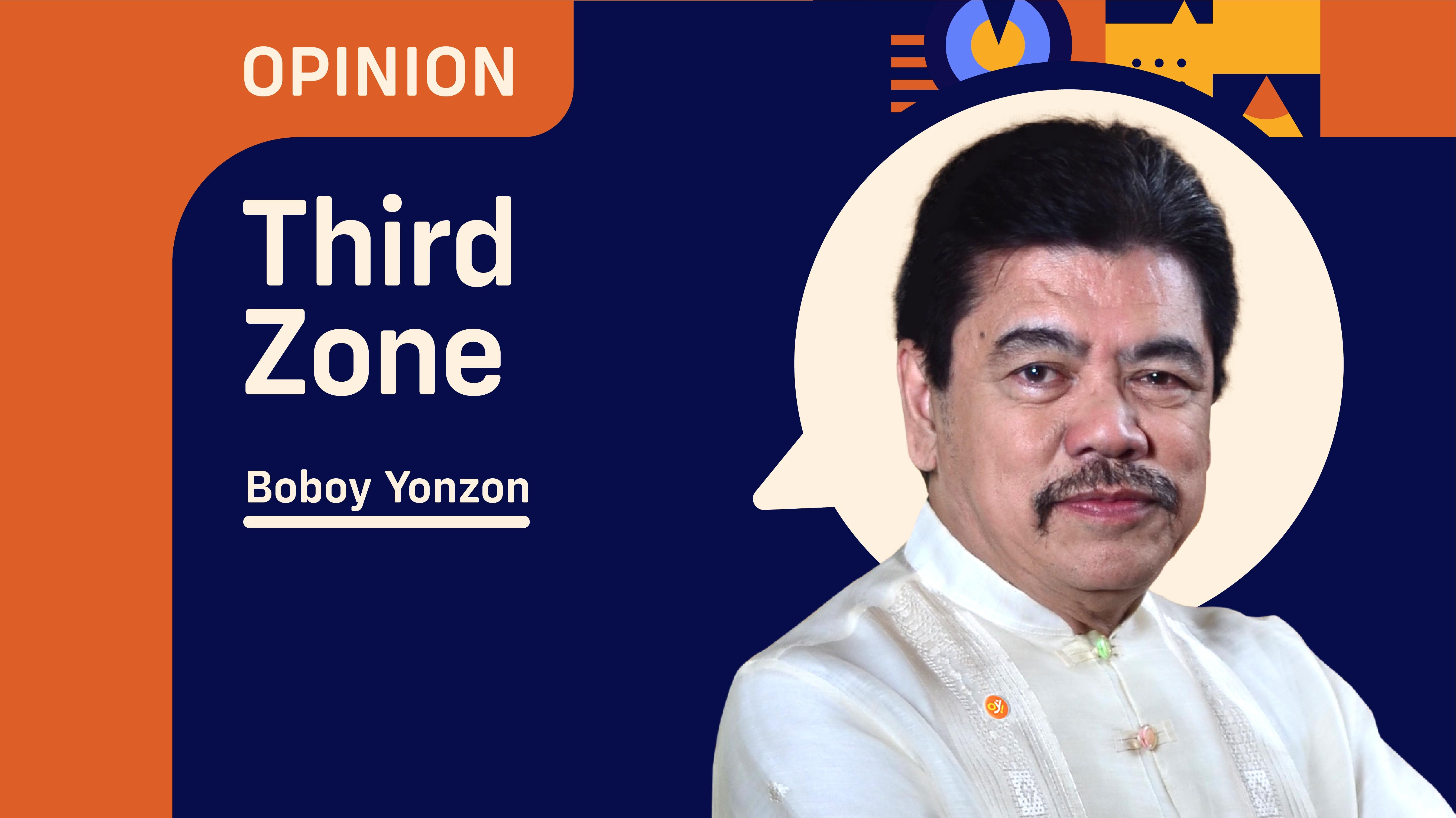Two weeks are not enough to validate one’s impressions of anybody, much less of a people - with a deep history at that.
Our last stop as tourists was Hue, a former capital of Vietnam where royalties reigned. As in any story of dynasties worthy of teleserye, this was filled with intrigues, assassination, poisoning, treacheries, rebellions and royalty baggage dating back to 4AD. Today, the palaces and forts, the Citadel and monuments are a tourist attraction, with wide well-kept parks.
The Vietnamese seem neat and habitually cleaning their surroundings. Tapat mo, linis mo is practiced with sustained vigor here. Apart from city sweepers, residents are always armed with brooms, even at 10 at night. Even the hawkers of coconuts have their goods in neat piles.
In Hoi An, another town, I noticed very enterprising people in every four or five houses, turning their garages and even their living rooms into eateries and shops. The parlor where I had my hard Swedish-Thai massage was also a BnB, a laundry outlet, a vehicle rental, a mani-pedi place, and a tourism services outlet. Several meters away, the woman who serves banh xeo, a pancake rolled with rice paper and filled with veggies and roasted pork, owns a three-bedroom house that she rents out near the picturesque river. The wife. meanwhile, of a Filipino friend works in a four-star hotel and, at the same time, runs a shop for bespoke gowns that she herself sews.
The first Vietnamese that I met was in UP in the early 70s when I used to crash in my cousins’ or friends’ dorms. His name was Mai, who had a long, shiny black hair and overgrown moustache during those hippie days. He was always in black pants and black long-sleeve shirt. He dragged his right or was it left leg shrunken by polio, and you hear those metal braces clanking as he walked. He spent hours on his expensive hollow guitar, mastering classical pieces.
Mai didn’t seem to be attending classes. I thought he was just biding his time. I didn’t realize why immediately. When Saigon in the south fell to the northern forces in 1973, effectively closing the Vietnam War, Mai was gone. A son of a diplomat who probably had ties with the Americans, he had a quick passage to the Land of the Free.
Meanwhile, Vietnamese refugees were pouring in to the Philippine Western shores, most on boats that were condemned as floating coffins. They were without Mai’s privilege; it took years for the them to be processed as refugees, but eventually as citizens of the USA. They had a reputation for being hard workers. Rightly so; they were wrenched away from their homes and had to thrive in a strange land that, today, has angry citizens waging ugly personal grudges against those who “steal our jobs.”
As a freelance photographer, I covered for the Expressweek Magazine the refugee center in Bataan with writer JoAnn Maglipon, and the incredibly talented lens man Jun de Leon. I noticed how the Vietnamese were turning materials from the surrounding forests into functional weaves of baskets, mats, hats, and walls. They had to be busy. It was their way of coping.
Those of my age have the Vietnam War etched on our early memories, mostly from the American perspective, and in the movies. We saw how a war far away from home ravaged the lives of young men, twisted a lot of psyches, and destroyed families. Michael Cimino’s powerful film “Deer Hunter” that had a cast that became stellar (Robert de Niro, Meryl Streep, Christopher Walken, John Cazale), showed how innocence turn into a recurring nightmare.
And then there was “Apocalypse Now,” filmed in the Philippines, and impelled by the vision of Francis Ford Coppola about man’s descent to madness. “The horror, the horror,” the obese Marlon Brando intoned. Add to that were several “Rambo” of Sylvester Stallone that, like Deer Hunter, depicted the Vietcong as heartless.
American movies on Vietnam were looked upon by socio-psychologists as America’s way of coping with a national trauma, skipping the Vietnamese own experience with imperialistic savagery. War is war and it dehumanizes both sides.
Today as you go around Vietnam, you meet smiling, polite, industrious people. You wonder at what point such folks become so ferocious.
